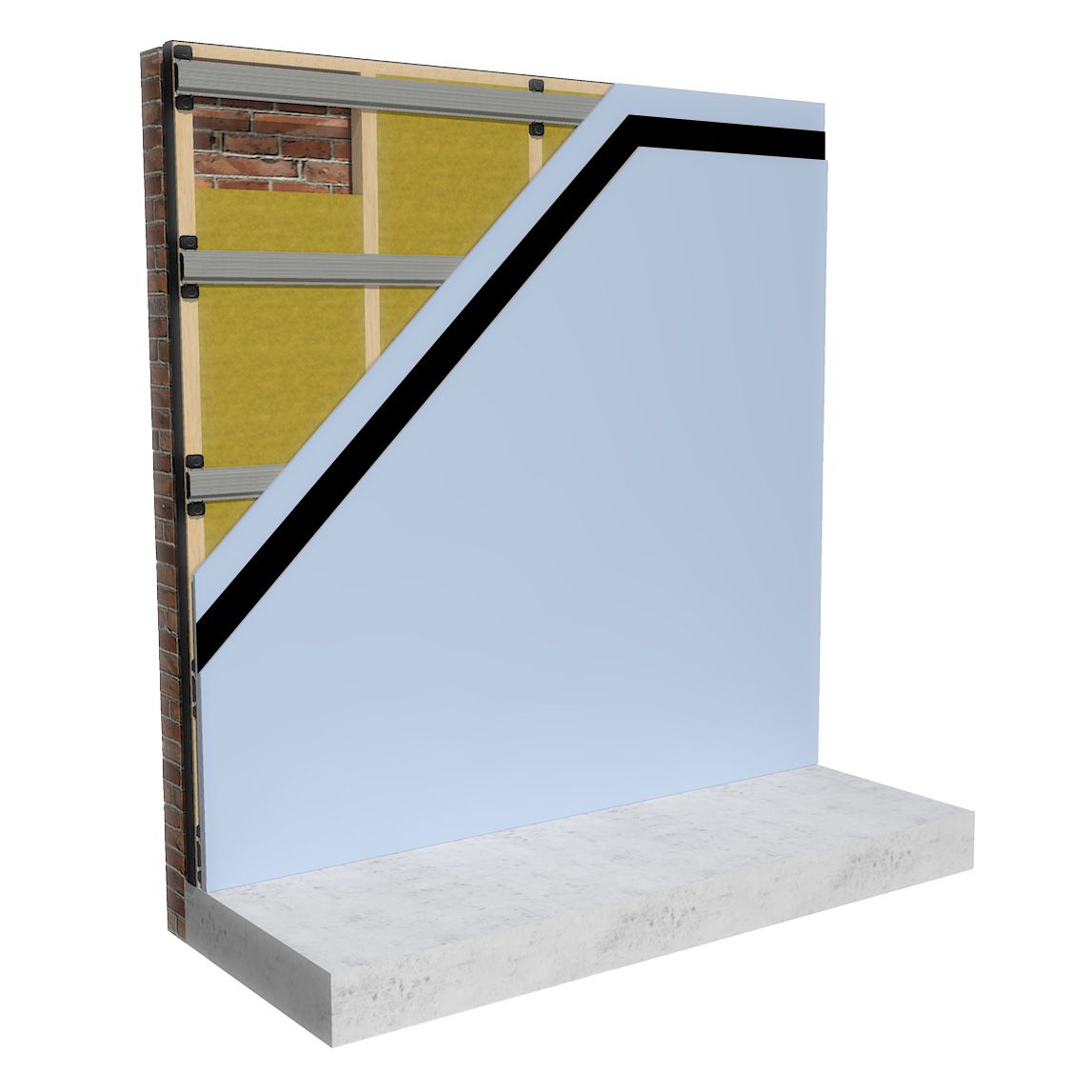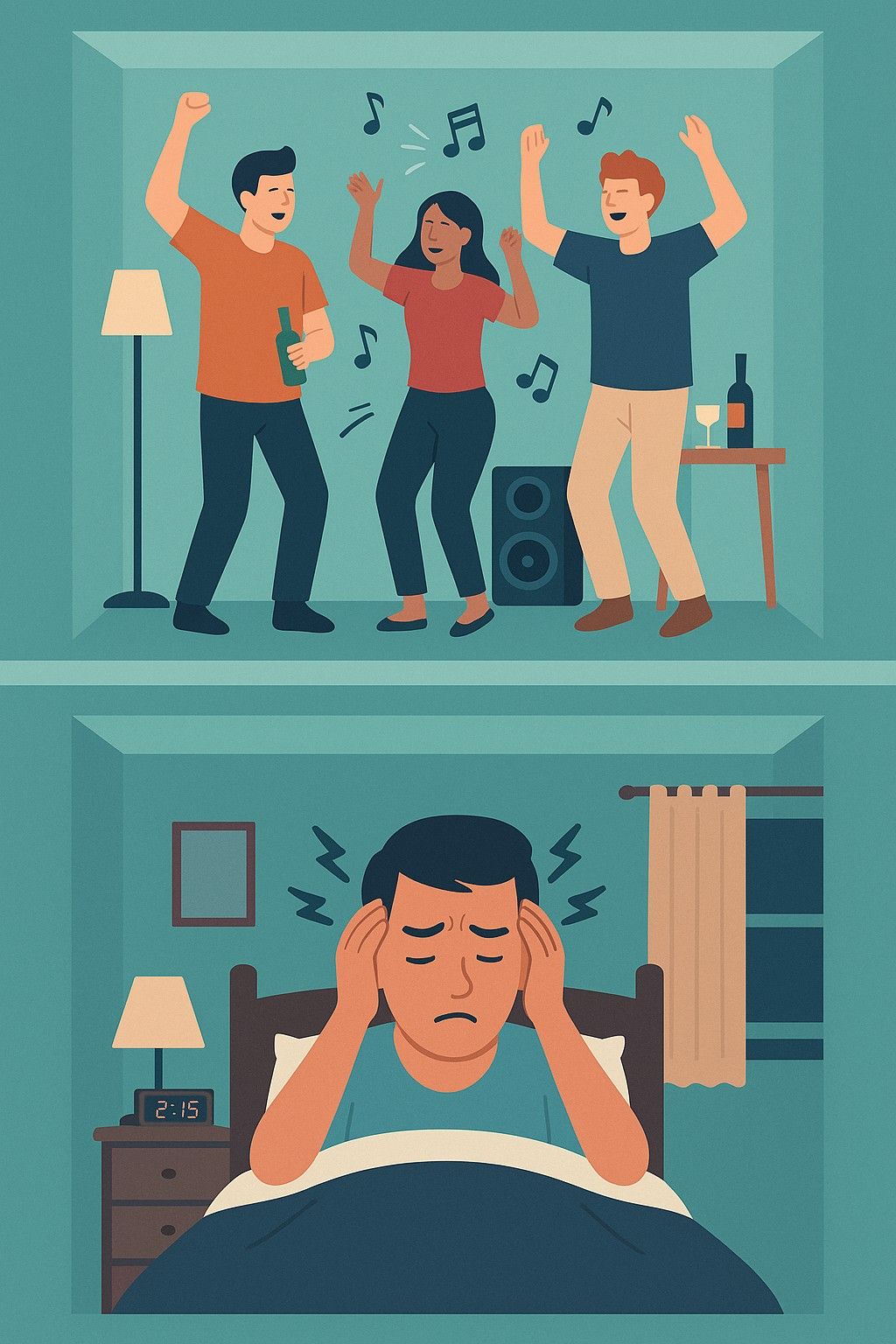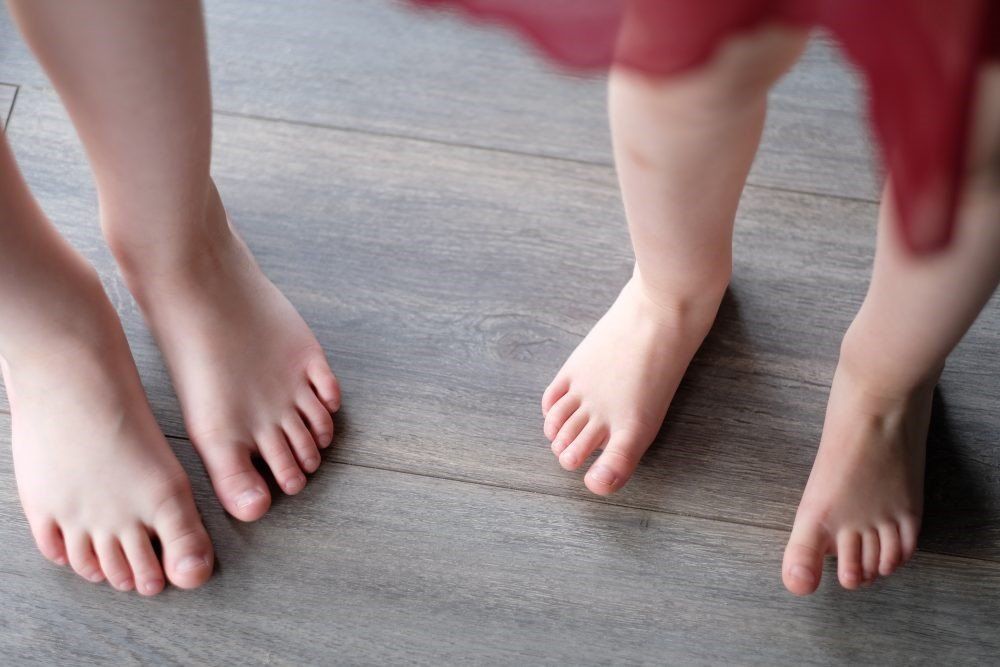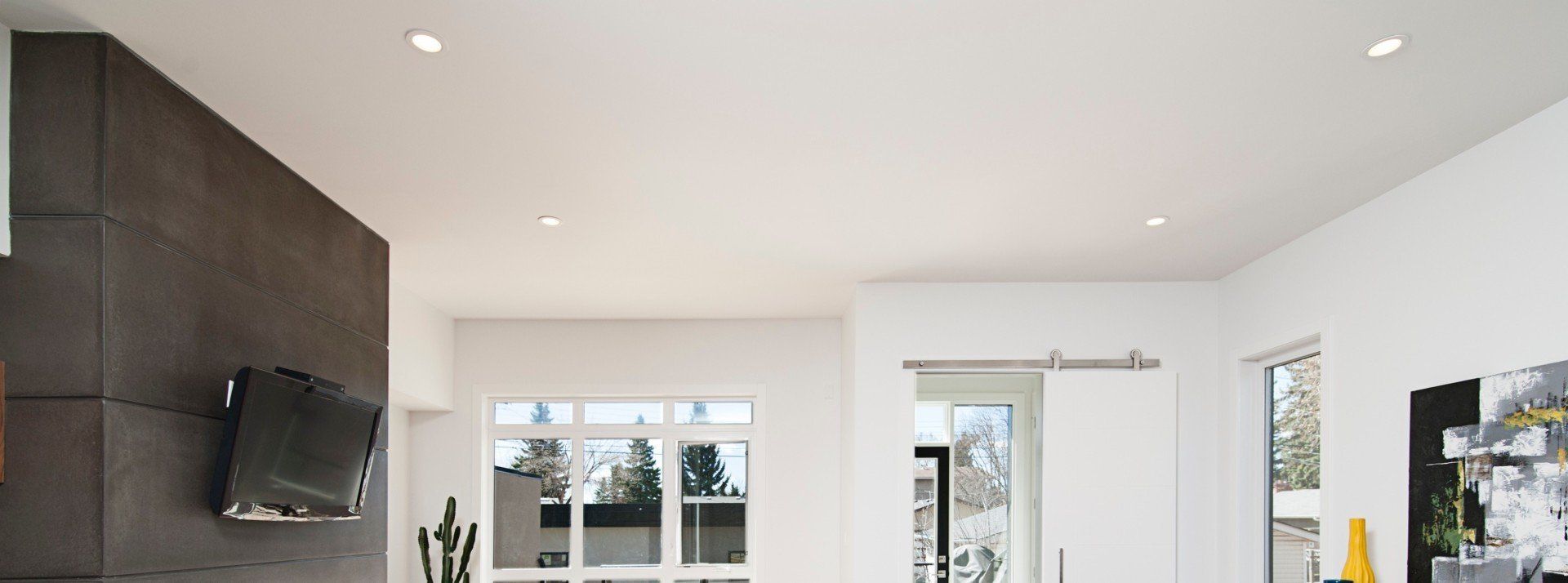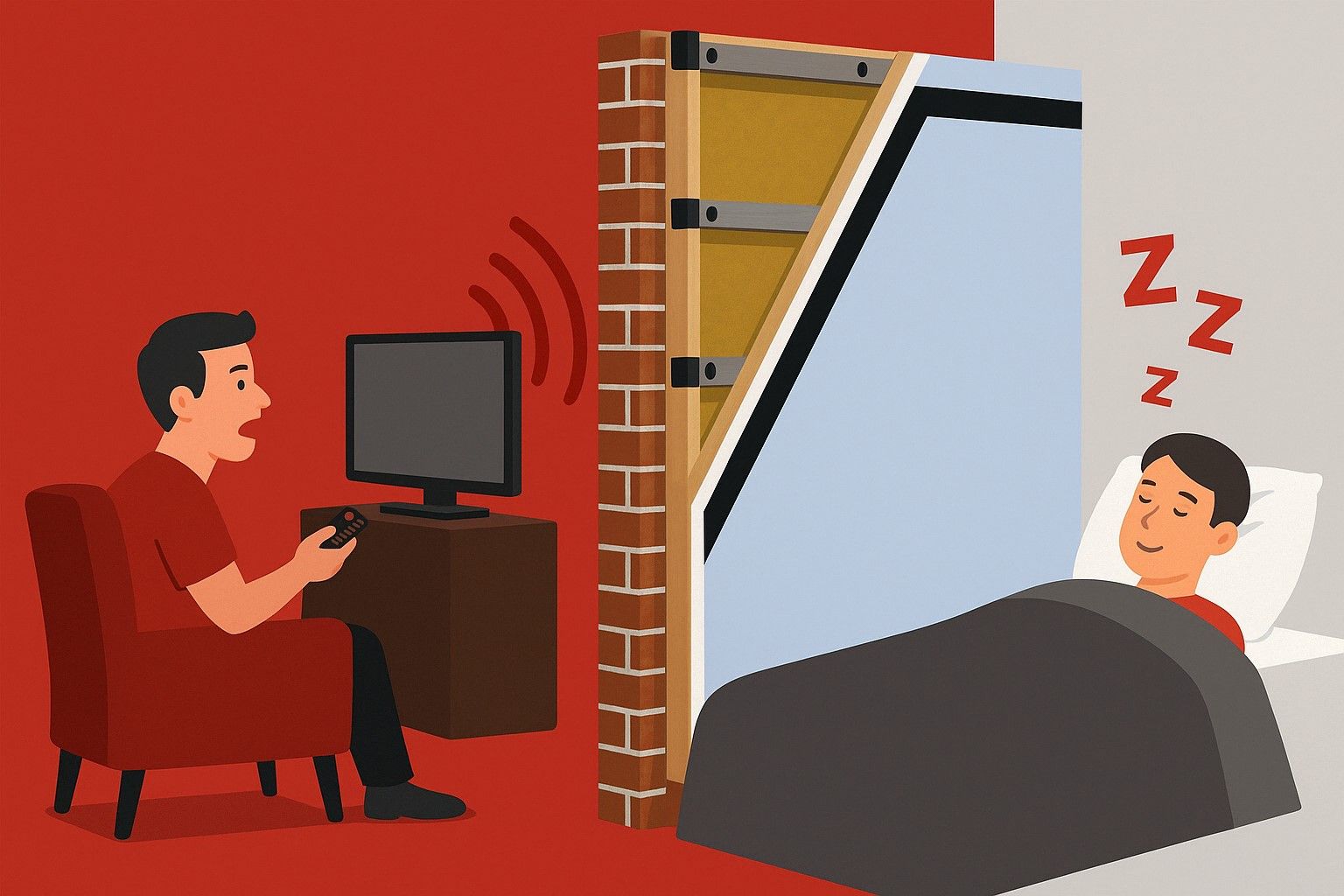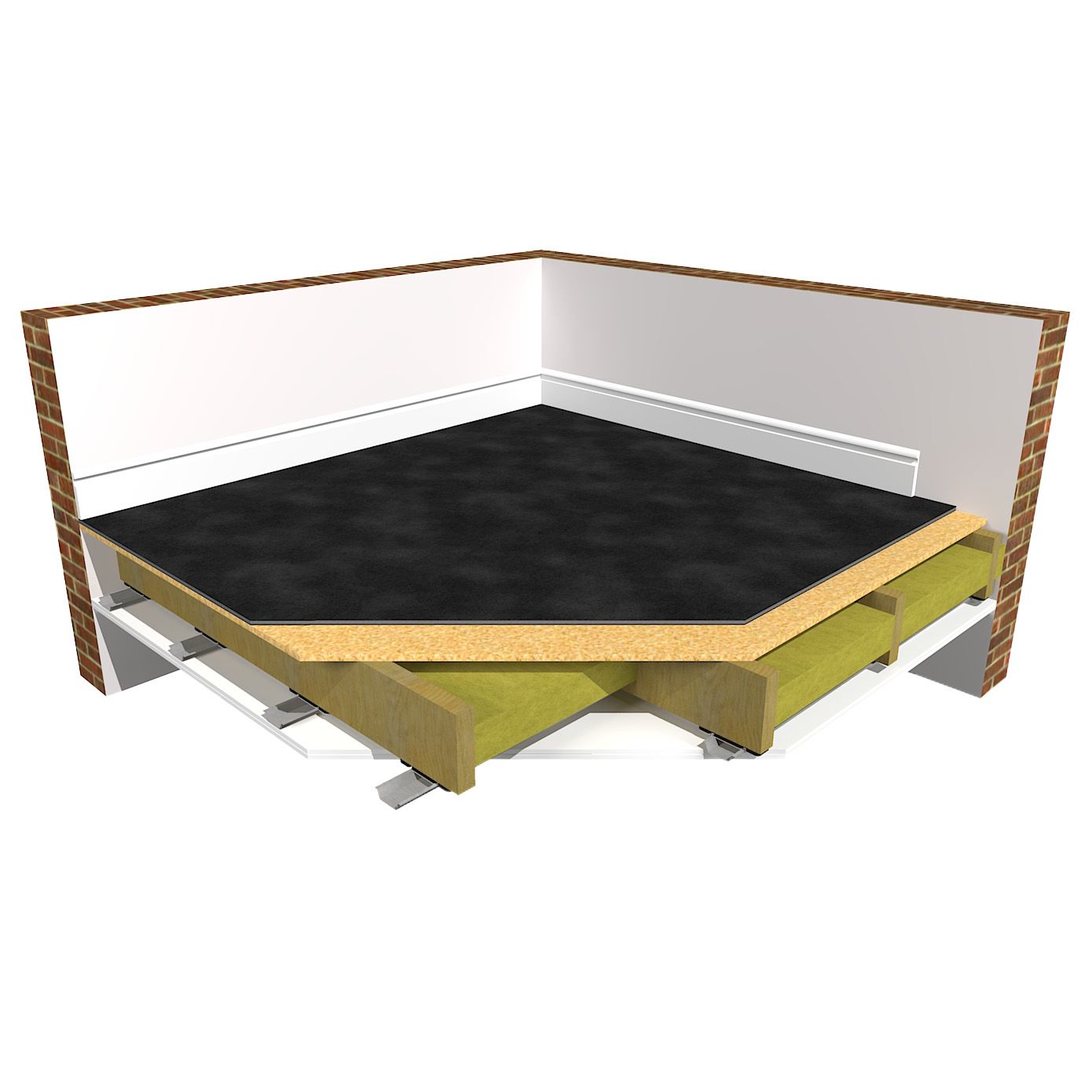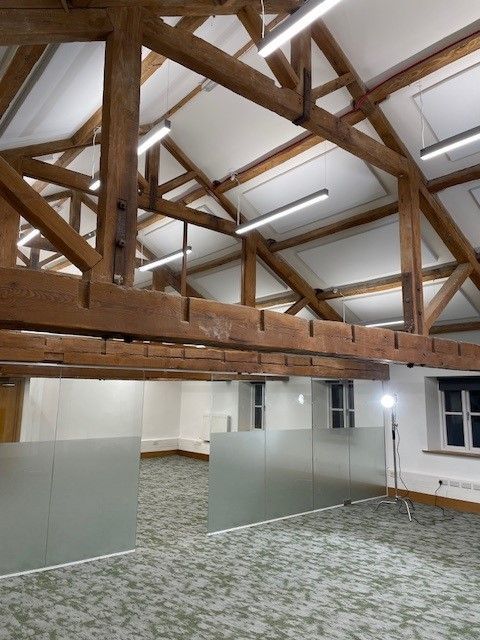Why consider an individuals noise perception when soundproofing a room?
When talking about soundproofing, barely mentioned anywhere is the subject of hearing perception or auditory perception. There can often be a vast difference from one person to the next when it comes to an individuals susceptibility to noise or different frequencies.
It is not uncommon to come across people sharing a living space, who have different opinions about the same noise problem. That's why an important question to ask prior to choosing the right soundproofing solution is
'how susceptible to noise are you'?
For individuals who are extremely sensitive to noise, then they will need to install the highest performing soundproofing solution. This is also the case for those people living together where one person isn't as bothered by the unwanted noise as the other person. It is always important to soundproof based on the person who is more susceptible to the unwanted noise.
Why do sounds appear louder at certain times of the day?

Dr Bill Budd from the University of Newcastle highlights how hearing isn't like other senses. 'If a light is too bright, we can always close our eyes, or turn away, whereas our hearing is always 'on' even when we are sleeping'. This further highlights the recommendation to also install the best possible soundproofing system if the unwanted noise is being heard in a bedroom.
- This is because at night peoples sensitivity to noise can also be heightened. Night time often means there is less distraction and ambient noise around us, so we tend to hear even the smallest of sounds and they can also appear louder than usual. When you hear a noise at night, you tend to focus on that noise which also makes the noise sound louder.
- The other aspect that we have to take into account is that we as humans are very good at ignoring background noise, I.E if you move to a new house next to a noisy road you will notice the noise for the first week or so but then our brains learn to ignore the noise over time.
- Finally we all have different types of hearing. I.E young people can hear higher frequencies far better than older people and different people are susceptible to different sound frequencies.
Of course, there are also instances when noise is most definitely louder at night, e.g. your noisy neighbours play loud music at 2am!
Why we can hear certain sounds more clearly than others?
Some people are more sensitive to certain aspects of sound, but not all sounds. For example, they might be able to hear very soft sounds, or sounds at high frequencies, but not a combination of all sounds. Hearing is extremely complex, with even the left and right ears processing sounds differently.
Scientists have discovered that the right ear responds more to speech and logic, while the left ear is tuned in to music, emotion and intuition.
Why are we affected by noise in different ways?
Researchers from University College London and the University of London conducted a piece of research which found the more extrovert the individual, the less they were affected by noise. According to one theory, extroverts are inherently 'understimulated', so seek out situations to increase their level of arousal, such as noisy environments. Personality traits are therefore a consideration in how we perceive differences in sounds.
This partly explains why some people like to hear background noise, or listen to music whilst they are working, helping them to concentrate, whereas for others this is an unwelcome distraction.
Sound frequencies
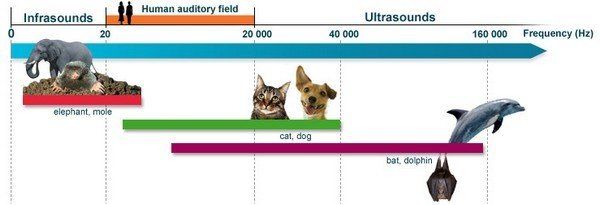
Sounds are what we hear when something causes the air to vibrate. The human ear can hear vibrations as sound when they vibrate between 20 and 20,000 hertz. To put that into perspective, a dog can hear up to 45,000 and a cat up to 65,000 hertz.
- The outer ear (pinna) acts like a satellite dish to collect sounds from our environment and funnel's it to the inner ear
- When the inner ear receives sounds, it triggers a reaction from the brain cells responsible for transmitting information to the brain, translating the sound into electrical impulses and sending it along the auditory nerve
- Once the electrical impulses reach the brain, it interprets them into recognisable sounds
This 'triggering' forms different types of patterns, that in turn touch different parts of the brain, which explains why certain sounds are often associated with strong memories and feelings.
The University of Oxford researched how the mechanics might be the same, but individuals still experience sounds differently from each other.
Differences in the vibrations we hear
Research by the Acoustical Society of America explored how the shape of peoples skulls and variations in bone structure is likely to have something to do with why individuals hear the same noise in a slightly different way.
When sound bounces off the structures of the inner ear, it reflects off the ear and off the bones in the head. Their research shows that even the slightest differences in things like shape and bone density can make a huge difference in the vibrations heard. Interestingly women's skulls tend to vibrate faster than the skulls of males. Which could answer why in general women have greater hearing sensitivity than men and also greater susceptibility to noise exposure at higher frequencies.
I'm extremely sensitive to noise, which soundproofing should I use?
The below links highlight the different soundproofing solutions for walls, floors and ceilings. Depending on your noise issue and sensitivity to noise, our advice would always be to go with the highest performing acoustic solution.
List of Services
-
Wall SoundproofingList Item 1
Learn more about professional soundproofing solutions for walls and how best to block unwanted noise through a party wall.
-
Floor SoundproofingList Item 2
Learn more about how to soundproof a floor agaist unwanted impact and airborne noise.
-
Ceiling SoundproofingList Item 3
Learn more about how to soundproof timber and concrete ceilings against the unwanted noise of heavy footsteps and loud airborne noise.
Noise perception and soundproofing summary
The differences in the perception of sound and an individuals response to different frequencies of sound can differ greatly from person to person. We are all affected by noise in different ways and therefore when looking to soundproof the walls, floor or ceiling in a home of someone who is susceptible to sound, it would always be wise to go for the highest possible performance when it comes to choosing the correct soundproofing solution.
Share
"We don’t expect you to become an overnight expert in soundproofing, that’s what we’re here for."
